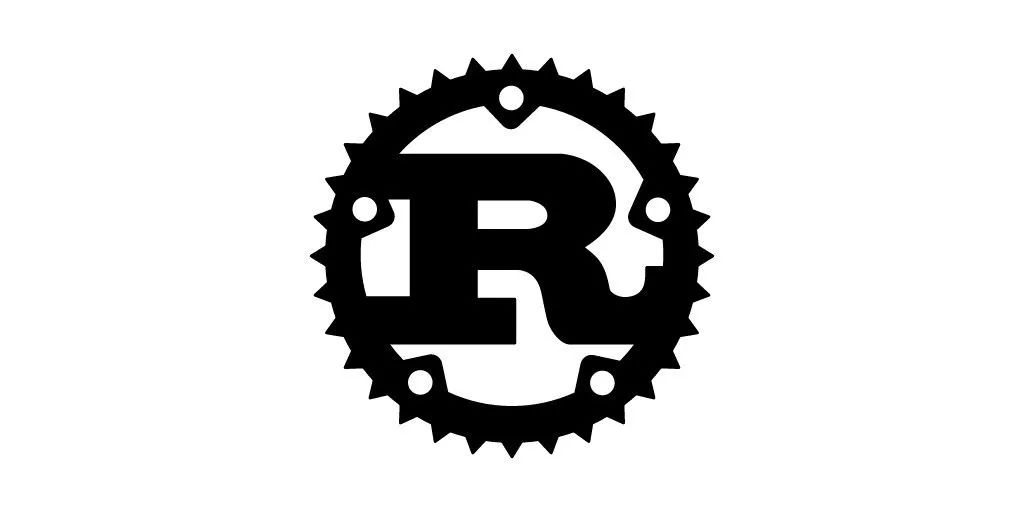The Rust core development team released a call for papers last month on their blog aimed at the Rust community, hoping to gather thoughts and suggestions on how Rust should develop in 2020. They stated that team members would read all submissions and subsequently produce a “Roadmap RFC” to form a formal proposal.

Any ideas related to Rust will be considered by the team: language features, tool needs, community plans, and ecological requirements, etc. Additionally, there is a question – will Rust release a major version in 2021? If so, then 2020 will be a year for extensive related work and detailed planning. So, what will be the theme of the major version?
-
Rust 2015: Stability
-
Rust 2018: Productivity
-
Rust 2021: ?
The Rust core development team stated that these questions need to be answered based on the ideas and suggestions from the community users.
Developer Raph Levien responded to the Rust core development team’s call by publishing an article on his blog to express his vision for Rust 2020.
Raph Levien’s requests can be summarized into two points: providing a native GUI toolkit written in Rust; focusing on community building, including providing better discussion spaces and regularly organizing offline meetups.
Raph explained why he has such a strong “obsession” with GUI programming in Rust. He has always been interested in writing GUI applications in Rust, initially believing that writing the GUI layer in Rust was unrealistic. However, he later discovered that inter-process RPC communication was a reasonable way to connect the “kernel” to the GUI frontend.
Now he believes the time is ripe for a native GUI toolkit written in Rust, which would fill a very important gap – mainly to attract more developers who have critical performance needs (the author believes this includes startup time, RAM usage, and binary size).
Therefore, it can be seen that although RPC adds a lot of system complexity, he still believes that everyone can write GUI applications in Rust, which will bring a better performance experience.
Regarding community building, Raph also agrees with the viewpoint of “community first.” Because people and the community are the driving forces behind the Rust language and ecosystem. Without the contributions of developers, documentation writers, testers, and users, Rust will wither, even if it has excellent technical advantages.
Google aims to unify the Android kernel with the Linux kernel mainline
Firefox UI has migrated to Web Components
5 Highlights Coming with PowerShell 7
Is Android infringing? Oracle and Google continue their lawsuit
Facebook bets on VS Code